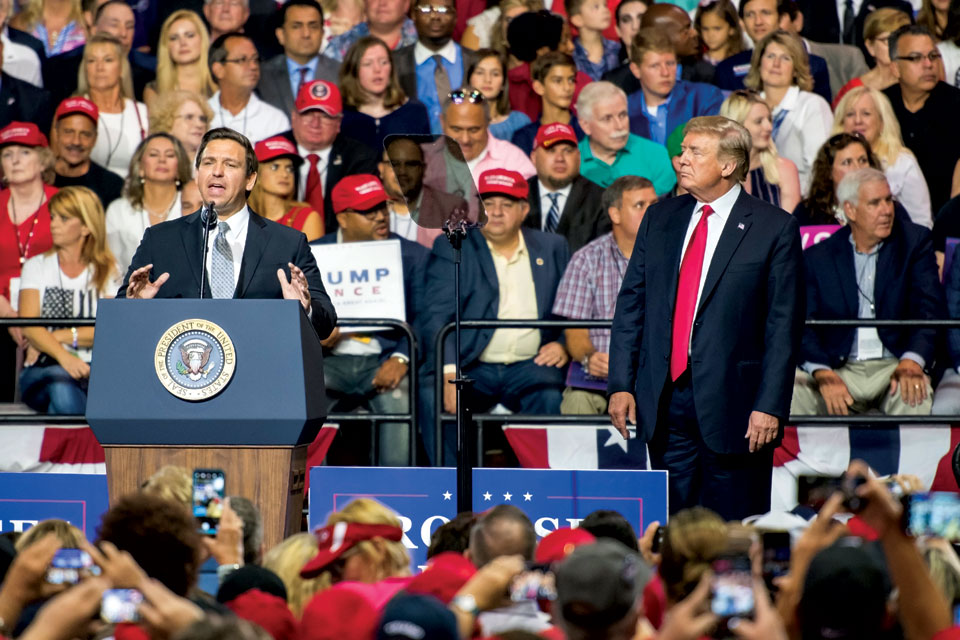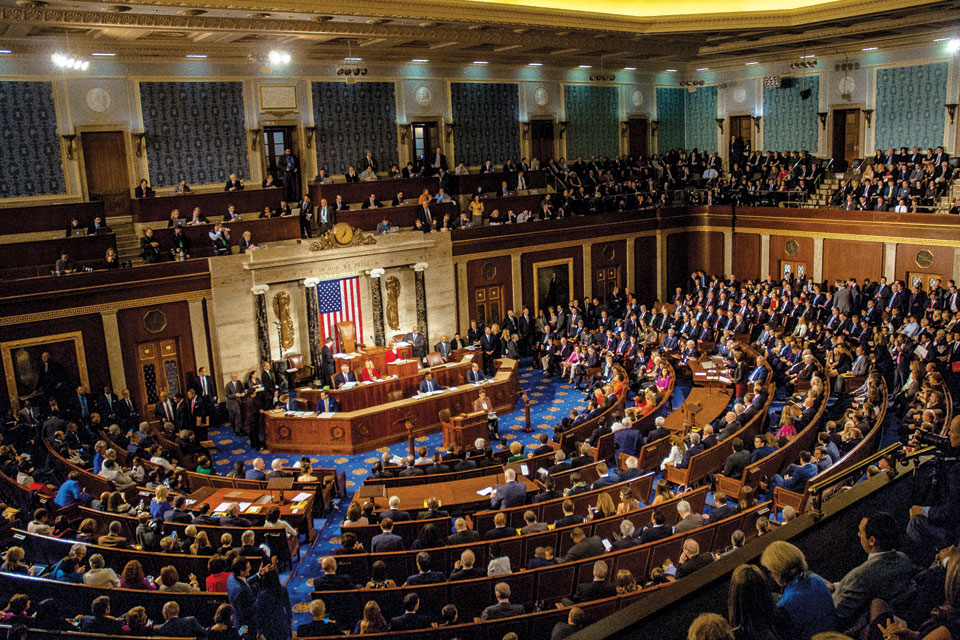
The fun in writing about important elections comes from the forecasting period rather than the results-reporting aftermath.
Prior to our recent midterm elections that were conducted throughout our country, the Democratic Party had control of both Houses of Congress. If its Congressional members did not like a particular bill, it was voted down. If the legislation somehow garnered bi-partisan support, the President threw it under the proverbial bus with a well-televised veto to demonstrate that nothing the Dems oppose gets enacted during this Administration. At times, the Republican members of Congress would use procedural gimmicks to delay unwanted bills from proceeding to a vote, or to use the time to negotiate more favorable legislative provisions, but this ploy failed more often than not.
With the so-called “Red Tide” failing to sweep the country during the midterms, the Republican candidates won enough of the close contests to have a small majority in the House. So, how will this affect the GOP’s legislative agenda? Probably not much at all. If a law being debated by Congress doesn’t mesh with the Democratic agenda, the President will veto it and, in most cases, Congress will be unable to muster the votes to override the veto.
The real result is that the American people are the losers. Whichever party controls the White House has the inherent power to prevent the agenda of the “out” party from gaining favor; and, if the party occupying the White House doesn’t control Congress it, too, will be unable to enact its legislative slate because the matter will never reach the President’s desk. All the issues the polls told us were important to the American people before the elections – the Economy, Crime, Immigration, Abortion – will pretty much remain as is. That does nothing to strengthen our country. It just ensures that we will remain divided until one party controls Congress and the White House, or until people with sense stand up to offer their services to the country in the election process that dictates the future of our great country.
One not so small glimmer of hope for the future of the political scene is Elon Musk’s takeover of Twitter. If he remains true to his earlier stated intentions, he will endeavor to prevent political censorship of users’ posts on this platform and the dissemination of misinformation as if it were factual. That would be a large stride forward, at least for the media.

